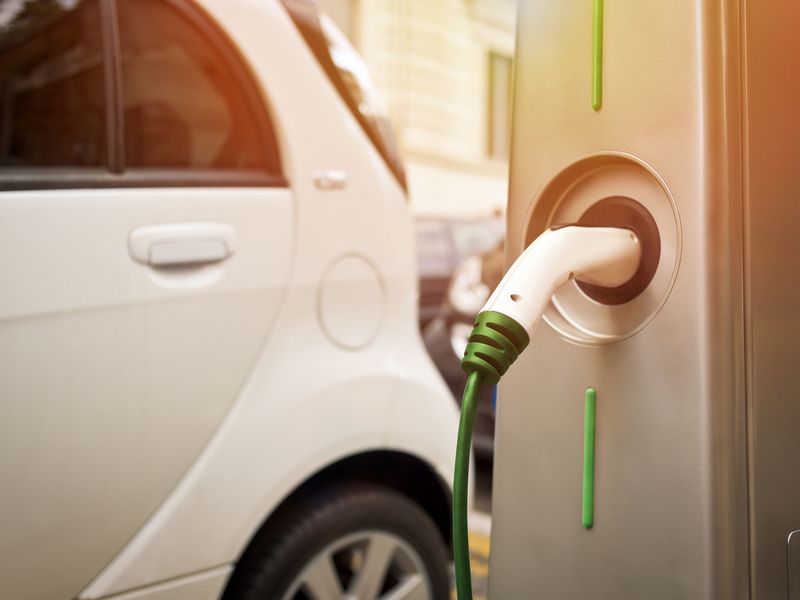
Editor’s note: All dollar figures have been converted to U.S. dollars at current exchange rates.
MONTREAL — The Canadian province of Quebec said Monday it will ban the sale of new gasoline-powered passenger cars as of 2035, joining California and others in announcing moves to shift to electric vehicles and reduce greenhouse gas emissions.
Canada’s second-most populous province announced the ban as part of a $5.1 billion plan over five years to help Quebec meet a target of reducing its greenhouses gases by 37.5 percent by 2030, in comparison with 1990 levels, Premier Francois Legault told reporters in Montreal.
“We are aiming for a target of 1.5 million electric vehicles on Quebec roads in 2030,” the provincial government said in a statement on its website.
Quebec will also renew the rebates on the purchase or rental of an electric vehicle and charging stations for citizens. Currently, the government offers individuals, businesses, organizations and Quebec municipalities a rebate of up to $6,100 on the purchase or lease of a new electric vehicle.
The government said it will also do its part by electrifying its provincial fleet of light vehicles as much as possible so that by 2030, 100 percent of its cars, vans and SUVs, as well as 25 percent of its pickups, will be electric.
The ban will bring Quebec in line with other jurisdictions such as California, the largest U.S. auto market, which in September announced a move to electric vehicles starting in 2035.
The Canadian province of British Columbia has already moved to phase out fuel-powered cars and trucks over a two-decade period, with a total ban on their sale or lease coming into effect in 2040.
The United Kingdom is also said to be working on a similar decision.
Canadian Prime Minister Justin Trudeau has promised sweeping measures to fight climate change and boost economic growth, including making zero-emission vehicles more affordable and investing in charging stations across the country.
While the coronavirus pandemic has forced the Liberal leader to focus more on emergency aid to help businesses and people get through the downturn, the government has committed to net-zero emissions by 2050 and is expected to begin earmarking investments in a fiscal update before Christmas and a separate budget early next year.